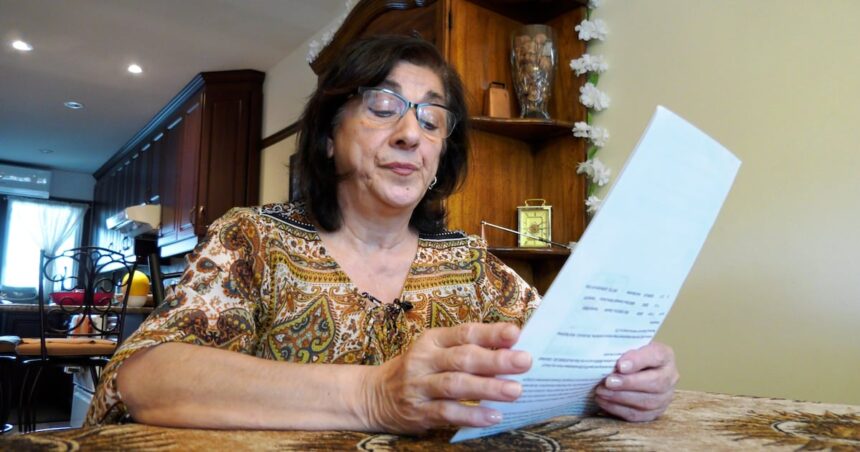Article – Last Thursday, I interviewed Estelle Ramirez, a 73-year-old retiree from Notre-Dame-de-Grâce whose life savings were decimated by a sophisticated phone scam. Her story left me shaken, especially when she described how the caller knew details about her recent banking activities.
“It felt awful. I believed him completely,” Estelle told me, her hands trembling as she showed me the empty savings account on her banking app. “He sounded so professional, knew my account number, and even mentioned my recent $200 withdrawal.”
The scammer called Estelle claiming to be from her bank’s security department, warning of suspicious activity on her account. What made this scam particularly effective was the fraudster’s knowledge of her personal banking details and the spoofed phone number that displayed her bank’s legitimate customer service line.
Montreal police report a 32% increase in these “bank impersonation” scams targeting seniors in the first quarter of 2024. According to Constable Marie Tremblay of the SPVM’s fraud division, scammers are exploiting technology and psychological manipulation to devastating effect.
“They create urgency and fear,” Tremblay explained during our conversation at Station 11. “They convince victims their money is at risk and must be transferred immediately to a ‘secure account’ — which is actually controlled by the scammers.”
Estelle transferred $25,000 to what she believed was a temporary security account at her own bank. By the time she realized something was wrong and contacted her actual bank, the money had vanished.
François Leblanc, cybersecurity expert at Desjardins, tells me financial institutions never request emergency transfers by phone. “Banks have sophisticated security protocols that don’t involve urgent transfers to new accounts,” he emphasized. “If someone calls claiming your money is at risk, hang up immediately and call your bank directly using the number on your card.”
What struck me about Estelle’s case was how the scammer knew details of her recent transactions. This suggests either data breaches or possible “shoulder surfing” — where criminals observe victims entering information at ATMs or banking on public Wi-Fi.
Estelle’s neighbor, Robert Chin, has started a community awareness campaign in NDG following the incident. “We’re organizing workshops at the community center to teach seniors how to verify legitimate bank communications,” he said while distributing flyers at the local café where we met.
The emotional impact of these scams extends beyond financial loss. When we spoke in her modest apartment filled with family photos, Estelle admitted feeling embarrassed and vulnerable. “I’ve always been careful with money. Now I’m afraid to answer my phone.”
Montreal’s Elder Abuse Helpline has reported receiving 45% more calls related to financial fraud this year compared to 2023. Their counselors provide emotional support and practical guidance for victims navigating the aftermath of such scams.
While banks have some fraud protection measures, recovery of funds in these cases is often difficult. Estelle’s bank is investigating but has made no promises about recovering her money.
As a journalist who has covered Montreal’s crime beat for over a decade, I’ve noticed these scams becoming increasingly sophisticated. Years ago, obvious language errors or generic scripts made many scams easier to identify. Today’s fraudsters research their victims, manipulate caller ID, and create convincing scenarios that would fool even the cautious.
After our interview, I walked Estelle to the Caisse Populaire where staff are helping her secure her remaining accounts. The spring sun was bright, but her mood remained dark. “I worked 40 years as a school secretary to save that money,” she said quietly.
For those with elderly parents or grandparents, regular conversations about these scams can make a difference. Real protection starts with awareness and a simple rule: never transfer money based on an incoming call, no matter how urgent it sounds.
If you believe you’ve been targeted, contact your financial institution immediately using the number on your bank card and file a report







